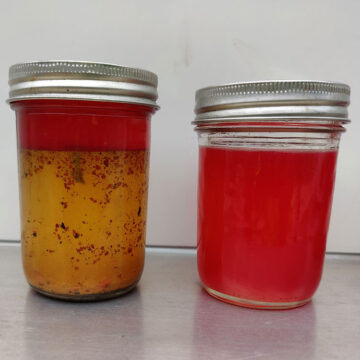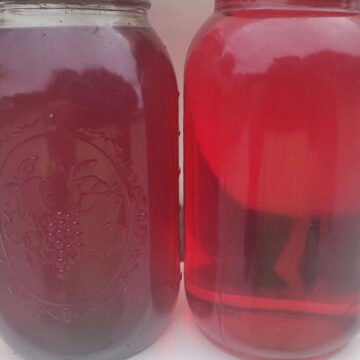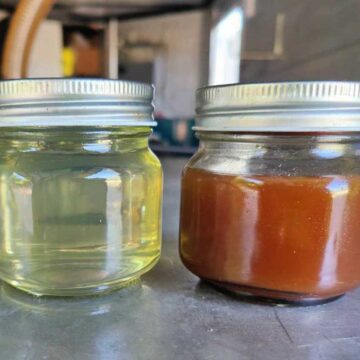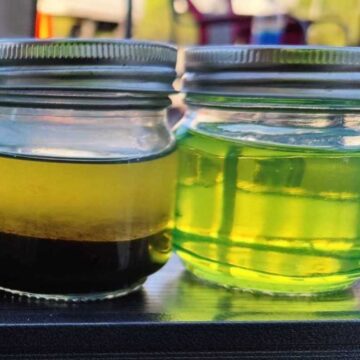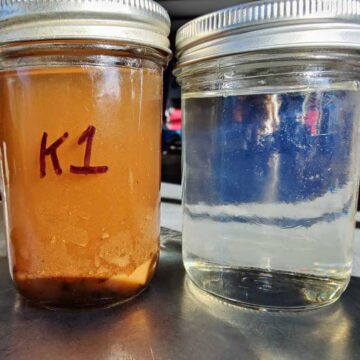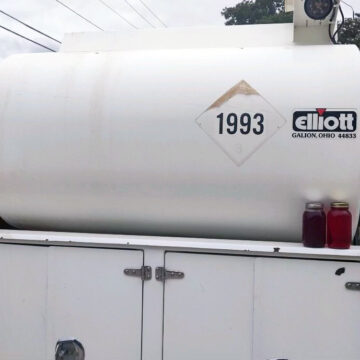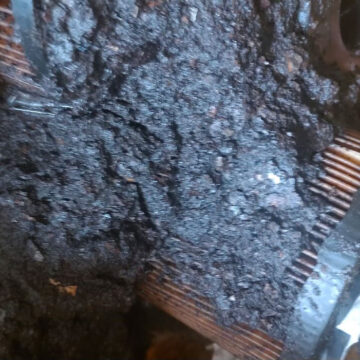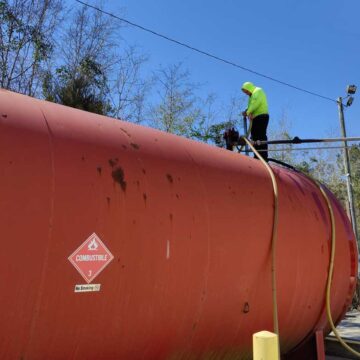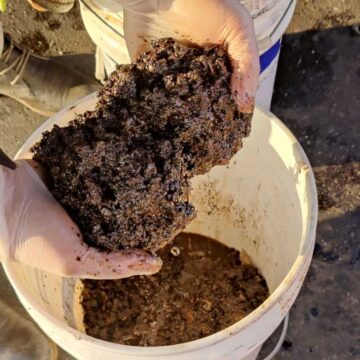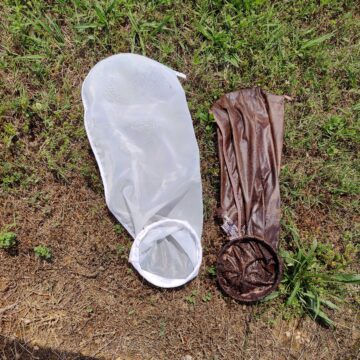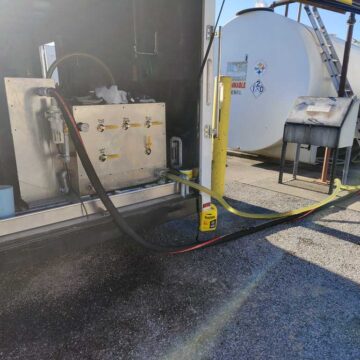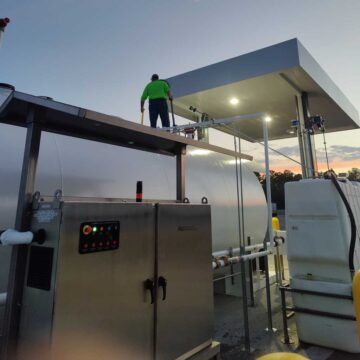 Fuel quality is crucial for fleets, trucks, and heavy equipment. From damaged engines to increased sulfur emissions, dirty fuel can affect business operations in numerous negative ways. To prevent these expensive problems, it’s important to maintain fuel quality with diesel fuel polishing.
Fuel quality is crucial for fleets, trucks, and heavy equipment. From damaged engines to increased sulfur emissions, dirty fuel can affect business operations in numerous negative ways. To prevent these expensive problems, it’s important to maintain fuel quality with diesel fuel polishing.
The Fuel Polishing Process
- A return/intake hose is inserted into the tank down to the bottom where most contaminants like water and bacteria accumulate.
- The intake hose then draws in the contaminated fuel – water and bacteria included.
- The contaminated fuel passes through separate filters, depending on the type of contaminants.
- Contaminants can be monitored through a clear section of the intake hose.
- The intake hose is re-positioned in the tank to make sure all areas are clean.
- At high velocity, the clean fuel is then returned to the tank through a return hose. This also flushes any leftover contaminants into the intake hose to continue the process.
Contaminated Diesel Fuel Symptoms
Knowing if you have dirty diesel is simple. You will notice:
-
- Dark and hazy coloring
- Filters are clogged and slimy
- Tanks have floating debris and sludge
- Corroded fuel injectors
- Bad smell from fuel tank
- Loss of RPM and power
- Increased exhaust smoke
How Long Does Diesel Last?
Diesel fuel can last six months to a year with proper maintenance and storage practices. If fuel can be kept clean, dry, and cool, twelve months is the average it can last. Depending on how you store your diesel, you may want to consider fuel polishing if your fuel has become contaminated before the end of its shelf life.
Diesel fuel polishing is a simple way to filter foreign debris out of fuel that has been kept in less-than-ideal storage conditions. Keeping your fuel clean from contaminants means protecting your engines and fuel systems from corrosion, decreased performance, and expensive repairs. If you notice water, particulate matter, or rust has gotten into your fuel tank, fuel polishing can help salvage as much useable fuel as possible.
Diesel Fuel Tank Cleaning Services
In addition to cleaning the actual diesel fuel itself, it’s recommended to also regularly clean the fuel tank your fuel is stored in. Over time, diesel fuel tanks can accumulate sediment, debris, and sludge, which get stuck to the walls of the tank. This layer of buildup can contaminate the fuel that’s stored in the tank, even if that fuel was recently polished. To prevent this, it’s essential to also flush your fuel storage containers before refilling them with freshly cleaned fuel.
To perform a fuel tank cleaning, we will:
- Empty the tank of fuel, leaving a small amount of fuel at the bottom.
- Spray the tank with high pressure water, making sure to thoroughly spray the bottom, walls, and corners.
- Flush all water, sludge, and dirty fuel out of the tank before adding clean fuel back in.
What Can I Expect from Hart’s Fuel Polishing Service?
You’ll meet with a trained technician who will come directly to your job site ready with a fuel quality assessment and our mobile fuel polishing system. Your fuel will then be cycled through several filters and conditioners that will remove all contaminants. If needed, our technician will also perform a full fuel tank flush to ensure your tank is as clean as possible.
Contact Hart today to schedule your diesel fuel polishing and tank cleaning service!
